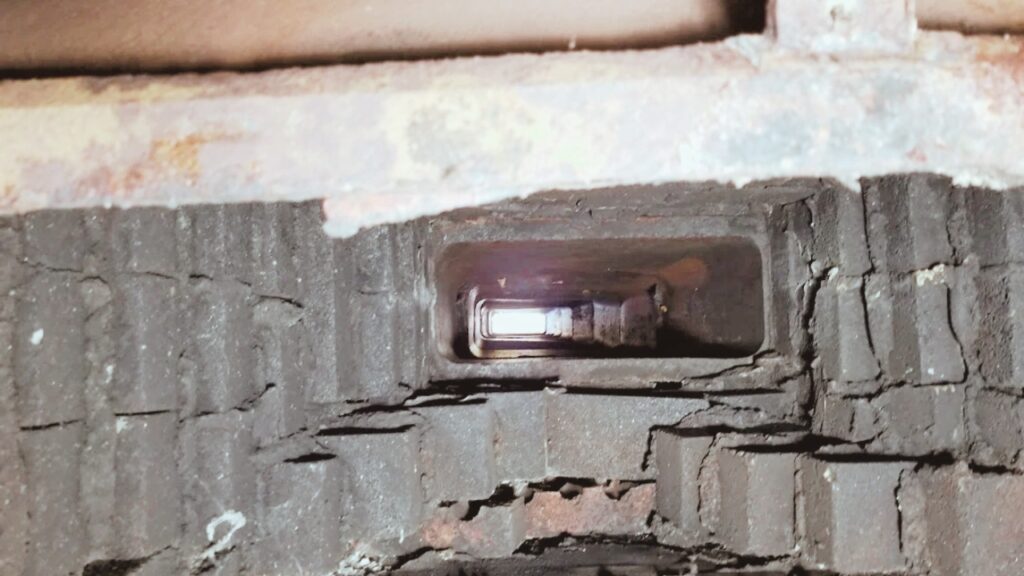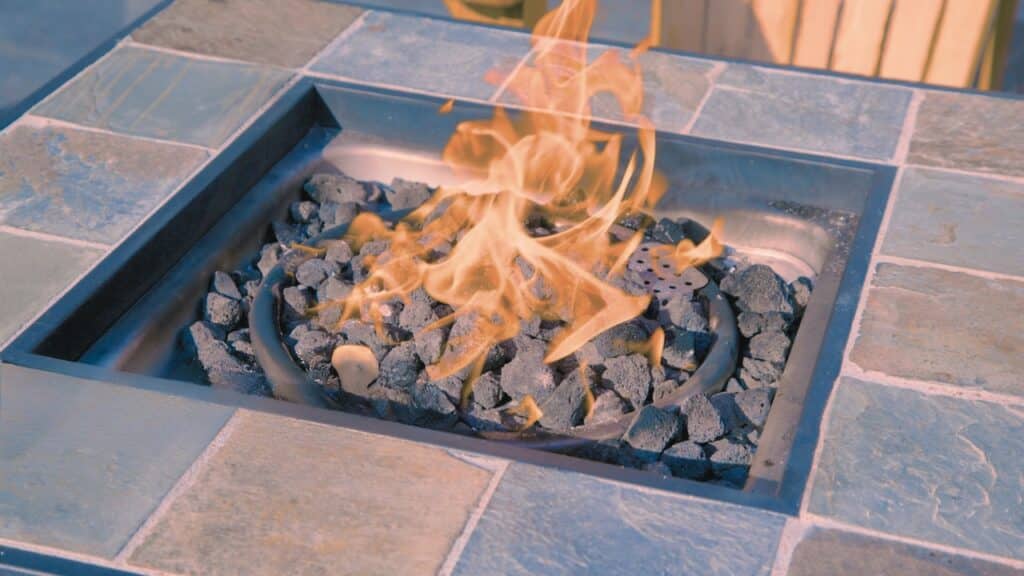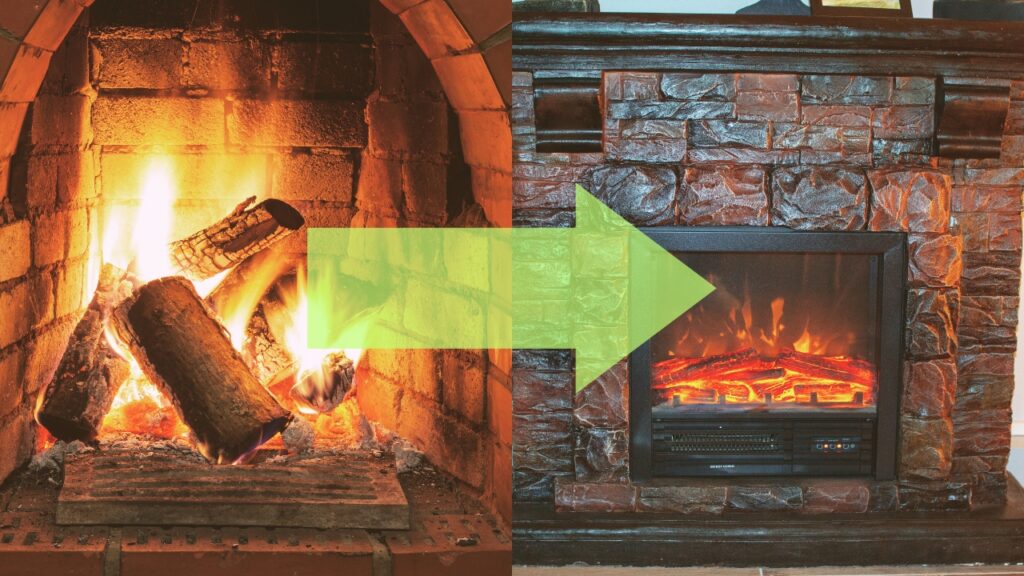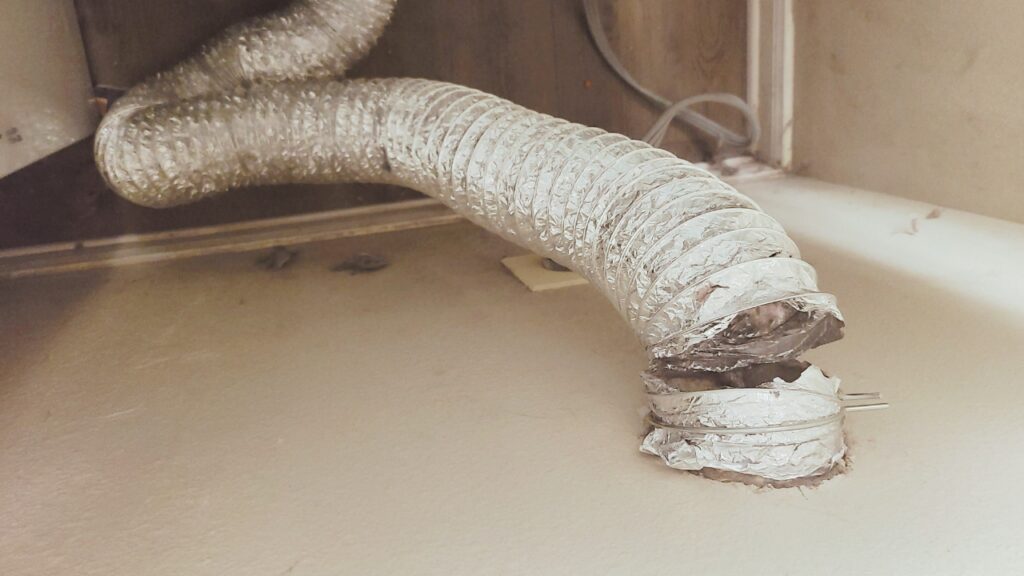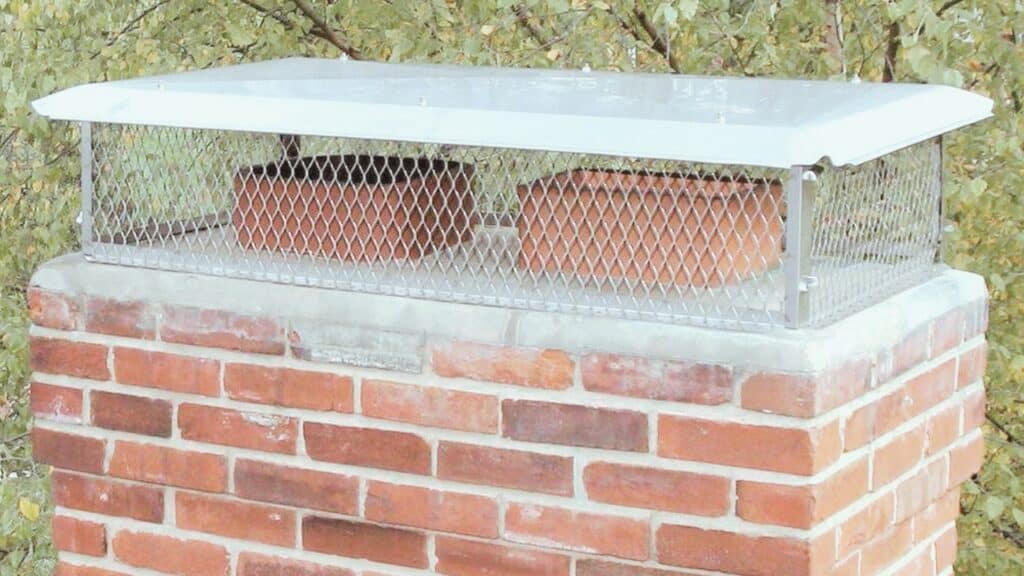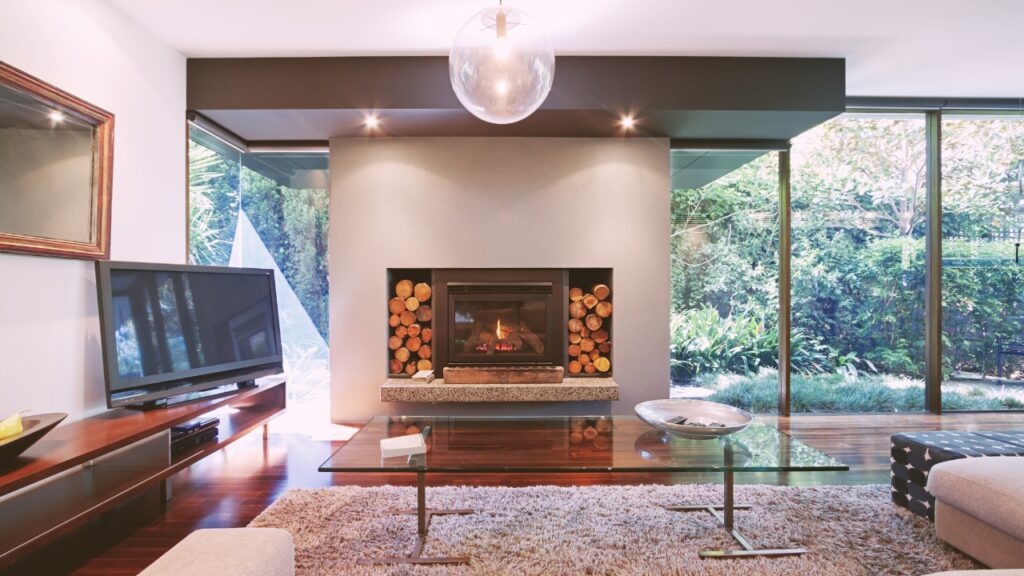If you have a chimney, it’s essential to ensure it is in good condition. A leaking chimney can cause damage and even lead to water infiltration into your basement.
It’s usually common to experience chimney leaking into basement. Your responsibility As a homeowner is to act as quickly as possible when it happens. This will help prevent any further damage to your home.
One of the main reasons for chimney leaks is that mortar and brick deteriorate over time, allowing water down the basement. When your basement is experiencing water leaks, there is a high chance the chimney has an issue. This post discusses seven causes of chimney leakage and their solutions.
Is It Normal for Water to Leak into Basement?
Yes, water dripping down chimney flue is normal, and it happens to most homeowners at some point. This is mainly because your basement is the lowest part of your home, and gravity pulls water down.
When it rains or there’s melting snow, the water has nowhere to go but into your basement.
8 Common Reasons Why Water Leaking from Chimney into Basement
1. Brick and Mortar Damage
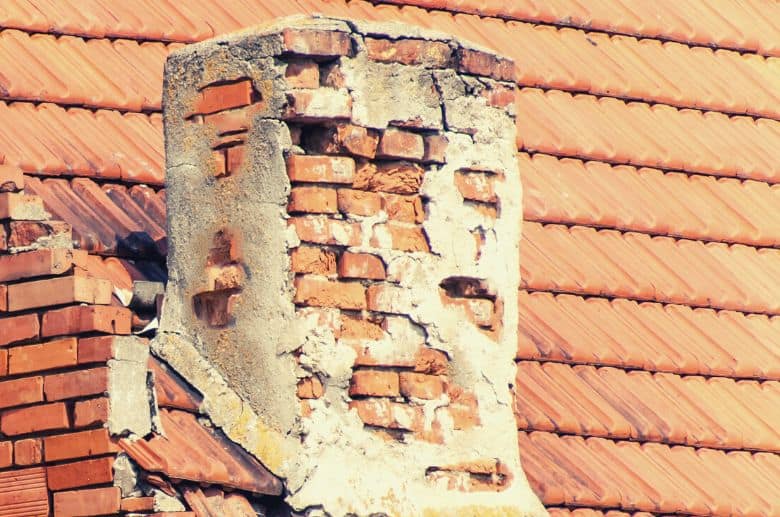
One of the most common reasons for water leaking from your chimney is damage to the bricks or mortar. Over time, bricks can start to deteriorate and crack, which will allow water to seep through. In addition, the mortar between the bricks can begin to break down, creating gaps that water can leak through.
If you notice any cracks in your chimney or damaged bricks, it’s vital to have them repaired as soon as possible to prevent further damage and leakage.
2. Waterproofing Issues
Another common reason for a leaking chimney includes issues with the fireplace waterproofing. Water can easily seep through cracks or gaps if your chimney isn’t properly sealed.
It’s essential to have your chimney regularly inspected to ensure that the waterproofing is still intact and effective. An ideal solution for waterproofing issues would be to have a professional apply a waterproofing sealant to your chimney.
3. Cracked Chimney Crown
The chimney crown is the concrete or mortar that sits at the very top of the chimney. It’s designed to protect bricks and mortar from weather damage. However, over time it can crack or break down, which will allow water to leak through.
If you notice any cracks in your chimney crown, it’s essential to repair them or call a professional to do it. Otherwise, they will only get worse and cause more damage.
——
Do You Need to Hire Chimney & Fireplace Expert?
Get free quotes from qualified experts near you. No commitment required!
——
4. Broken or Missing Chimney Cap
The chimney cap is a metal cover that sits at the top of the chimney. It’s designed to keep water, debris, and animals from the chimney. However, over time it can become damaged or even come completely off.
If you notice that your chimney cap is missing or damaged, the solution is to have it replaced as soon as possible. Otherwise, water and other materials can enter the chimney and cause damage.
5. Damaged Chimney Flashing
The chimney flashing is the metal strip that goes around the base of the chimney. It’s designed to seal the gap between the chimney and the roof. However, over time it can become damaged or come loose.
When your chimney flashing is damaged or missing, it must be repaired or replaced as soon as possible. Otherwise, water can enter through the gap and cause damage.
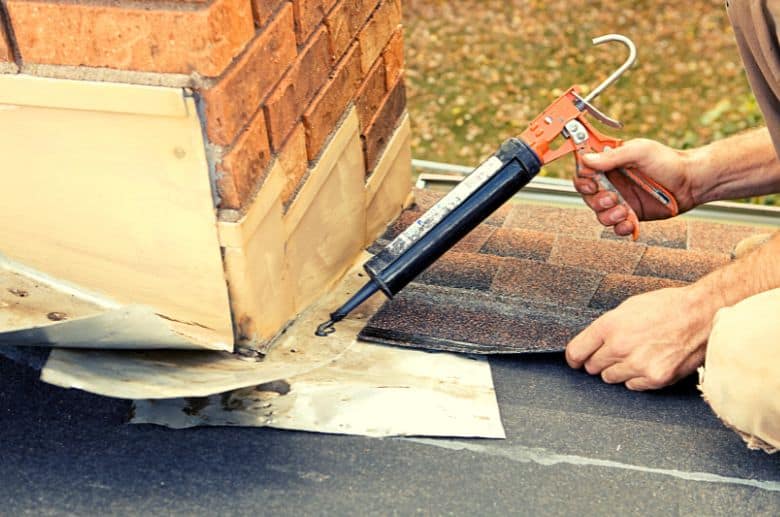
6. Cracked Chimney Flue
The chimney flue is the inner lining of the chimney. It’s designed to protect the bricks from heat and fire. However, over time it can become cracked or damaged.
A cracked chimney flue can be dangerous because it can allow water to enter the chimney. This can cause the bricks to become wet and start to deteriorate. In addition, it can also cause mold and mildew to grow inside the chimney.
7. Damaged Roof Tiles or Shingles
Another common reason for a leaking chimney is damage to the roof tiles or shingles. Over time, they can become cracked or come loose. This will allow water to enter through the gaps and cause damage.
Having damaged roof tiles or shingles indicates typically that your roof requires repair. It’s essential to have the repairs done as soon as possible to prevent further damage.
8. Blocked Gutters
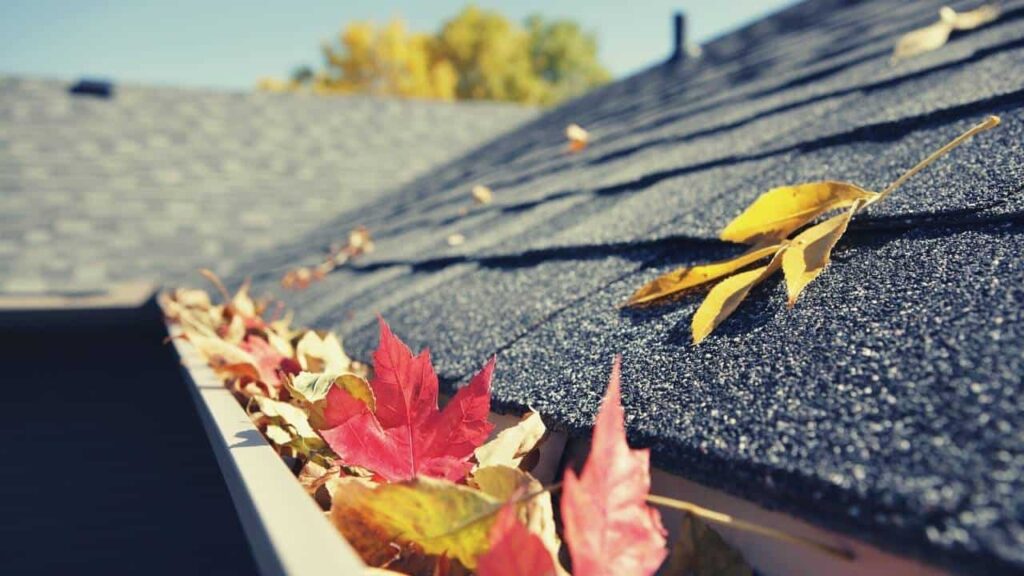
One final reason your chimney may be leaking is blocked gutters. If the gutters are full of debris, water can’t flow through them properly. This will cause the water to back up and leak into the chimney.
It’s essential to clean your gutters regularly to prevent this from happening. You should also ensure that they are correctly installed and in good condition.
How to Clean Your Gutters
If you notice that your chimney is leaking, you should first check your gutters. If they are full of debris, that’s likely the cause of the leak.
Cleaning your gutters is a simple process that you can do yourself. All you need is a ladder and some gloves.
- First, remove all of the debris from the gutters.
- Then, use a hose to flush out any remaining dirt or debris.
- Finally, ensure that the gutters are correctly installed and in good condition.
Conclusion
A leaking chimney is a serious problem that you should fix immediately. There are many potential causes of a leaky chimney, but the most common ones are listed above. If you have any concerns about your chimney, it’s always best to consult with a professional.
——
Do You Need to Hire Chimney & Fireplace Expert?
Get free quotes from qualified experts near you. No commitment required!
——
FAQs
Is Water Coming from Chimney Dangerous?
According to the Chimney Safety Institute of America, a water-stained ceiling near your chimney is not necessarily dangerous. However, water seeping through the bricks and mortar of your chimney could be a sign of a bigger problem.
One common cause of water in your basement is condensation. If you have an unvented gas fireplace, humidifier, or clothes dryer, the warm air they produce can rise and meet cold surfaces in your attic or crawl space.
This produces moisture that can drip down onto ceilings and walls. Another potential source of condensation is leaky ductwork in your home’s heating and cooling system.
How Do I Stop Water from Seeping Into My Basement?
You can do a few things to keep water from seeping into your basement. One must ensure that your gutters and downspouts are clear of debris correctly to channel water away from your foundation.
Another is installing an interior drainage system to collect any water that leaks and direct it out of your basement. Finally, you can waterproof your basement walls with a special coating or sealant.
How Do I Find a Water Leak in My Chimney?
To find a water leak in your chimney, you’ll want to look for:
- Water stains on the ceiling or walls near the chimney
- Peeling paint or wallpaper near the chimney
- A musty smell coming from the chimney area
- Cracks in the mortar or bricks of the chimney
What Is Considered a Wet Basement?
A wet basement is any basement that has noticeable moisture, dampness, or leaks. This could be anything from a small amount of water seeping through the walls to pooled water on the floor. A wet basement can also have musty odors and mold or mildew growth.

